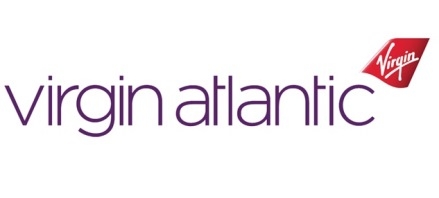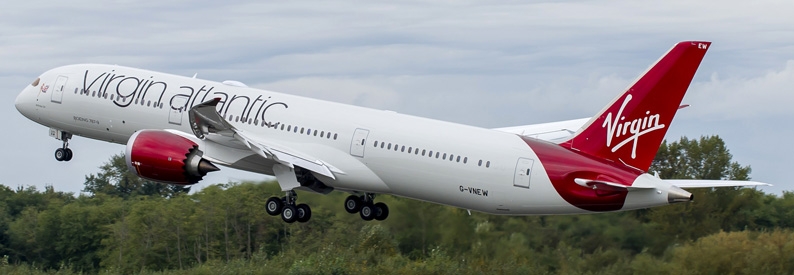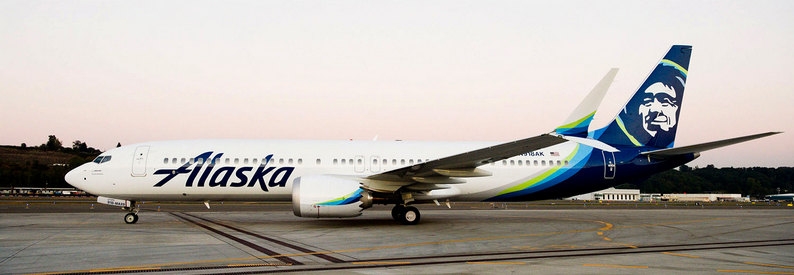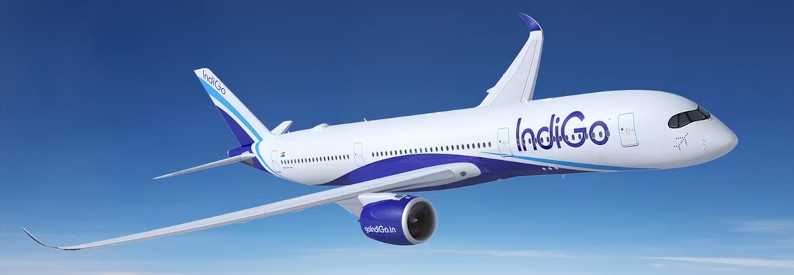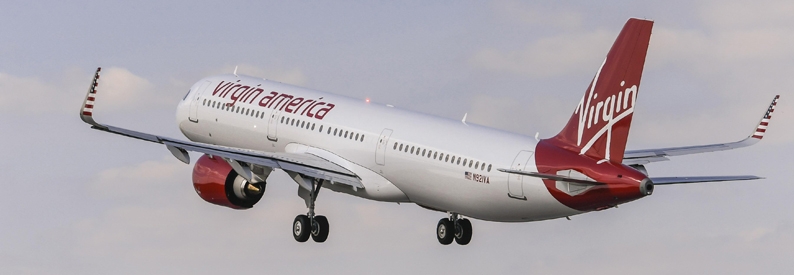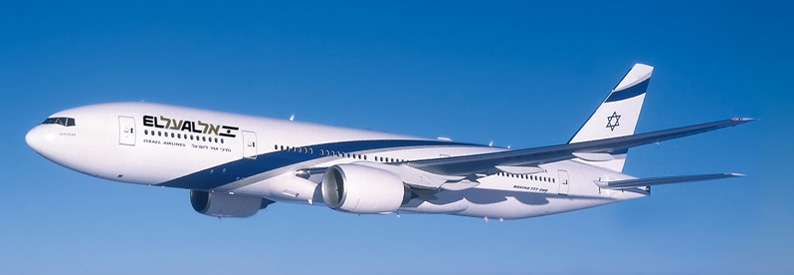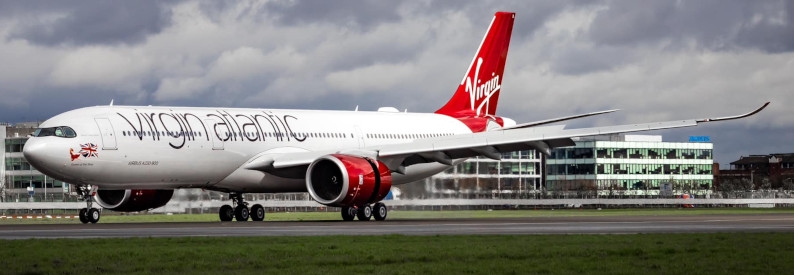The US Department of Transportation (DOT) has fined Virgin Atlantic (VS, London Heathrow) USD1.05 million for flying into restricted airspace over Iraq.
According to a DOT order issued on January 17, Virgin Atlantic Airways violated the US Code 49 Section 41301 when it entered restricted air space over Iraq on a significant number of codeshare flights operated under the Delta Air Lines (DL, Atlanta Hartsfield Jackson) "DL" designator code between the UK and India between September 16, 2020, and September 16, 2021.
Asked for comment, a Virgin Atlantic spokesperson said: “As soon as we were made aware of this compliance issue by the DOT, our codeshare flight routings were immediately corrected. We have thoroughly reviewed and strengthened our systems and processes. The safety and security of our aircraft, customers and crew was never compromised at any point and remains our highest priority.”
The DOT said Virgin Atlantic's actions had been a transgression of a NOTAM (notice to airmen) issued by the US Federal Aviation Administration (FAA) on March 12, 2020, which effectively prohibits all US civil aviation operations at all altitudes in the Baghdad Flight Information Region (FIR) due to heightened militia activities and increased tensions in Iraq. The NOTAM applied to "US air carriers; US commercial operators; persons exercising the privileges of an airman certificate issued by the FAA, except when such persons are operating US-registered aircraft for a foreign air carrier; and operators of US-registered civil aircraft, except when the operator of such aircraft is a foreign air carrier," the FAA rule states. The rule applies from October 26, 2022, until October 26, 2024.
"By operating flights carrying the DL code in airspace in which the FAA prohibited US operators and airmen from flying, Virgin Atlantic operated in violation of the conditions of its statement of authorization. As a result, Virgin Atlantic violated 49 USC § 41301," the DOT explained.
In response, Virgin Atlantic said its prohibited overflights were "inadvertent, caused by operational disruptions and loss of personnel due to the COVID-19 pandemic". Virgin Atlantic stated that the problematic flight paths that violated FAA standards were permissible under foreign government standards. On notification from the DOT, it immediately rerouted its flights to avoid the airspace in question and informed its board and senior leadership of the issue.
Virgin Atlantic states that it immediately conducted a full internal review of its global network and established new internal processes and work groups, which included coordination with its codeshare partner and the FAA, to ensure compliance with the Department's regulations and requirements. The airline also invested significantly in developing and implementing an automated compliance monitoring programme for all its planned flights and flights in progress.
To avoid litigation, and without admitting or denying the violations, Virgin Atlantic consented to the DOT issuing an order to cease and desist from future violations of the rule and to the USD1.08 million fine.
Of this, USD175,000 is due within 60 days (by March 17) to the US Treasury. Two additional equal payments of USD175,000 are due within 150 days and 240 days of the order. The remaining USD525,000 must be paid within one year (January 17, 2024). The unpaid amount will be due immediately if Virgin Atlantic violates the order.
The Virgin Atlantic spokesperson added that the airline "continually and dynamically assesses all flight routings and adhere to all relevant regulatory requirements. On 15 September 2021, the US DOT gave notice of non-compliance that Virgin Atlantic was carrying the code of a US carrier, whilst flying over Iraq on its services between London and India".
"Overflight limitations with multiple relevant authorities and varying airline routings are complex and dynamic and there can be variances in international standards. At the time of this US DOT non-compliance in 2021, the UK’s Department for Transport, alongside many global authorities, permitted overflight of Iraqi airspace at high altitudes, with hundreds of planes flying over Iraq daily," the spokesperson said.
- Type
- Base
- Aircraft
- Destinations
- Routes
- Daily Flights
